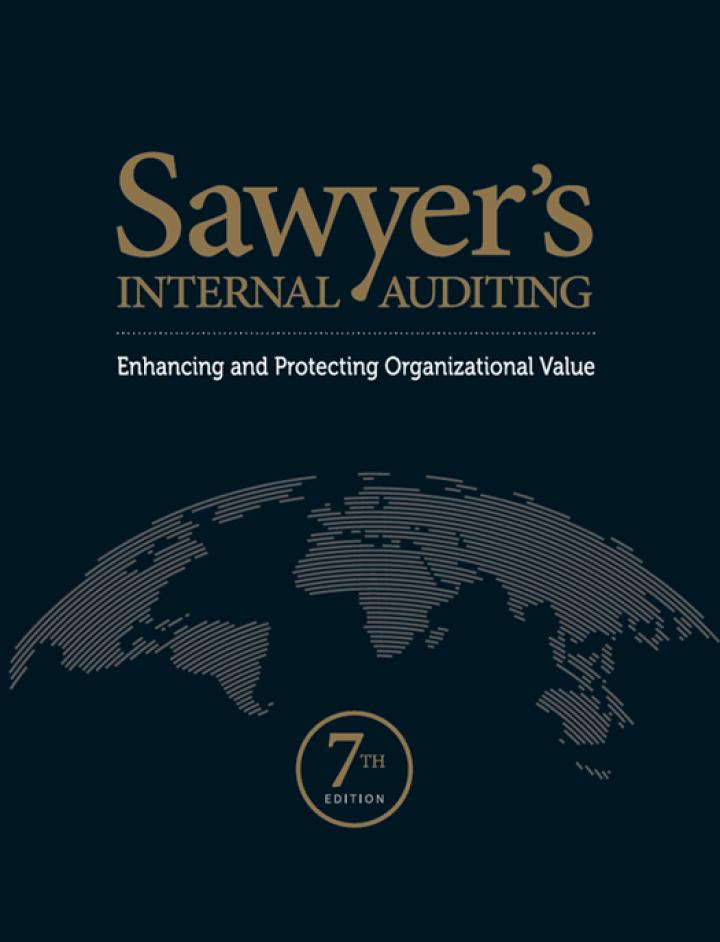Question
1. Which of the following is true with regard to copyright law in Canada? A) Registration of copyright is restricted to published works. B) Copyright
1. Which of the following is true with regard to copyright law in Canada?
A) Registration of copyright is restricted to published works.
B) Copyright law is governed by the Copyright Act, but an author need not register under the statute to acquire copyright.
C) Everyone can receive copyright protection in Canada for his or her work created elsewhere.
D) A Canadian author must register upon the creation of his or her book in order to acquire copyright protection.
E) Generally, the term of copyright is 50 years.
2. Yung created an improvement in a machine; the improvement was an obvious change from the existing patented machine. Which of the following is true?
A) Both Yung's improvement and the original machine lose their patent protection.
B) Yung could get a patent for his improvement, and has the right to make or sell the original machine.
C) The patent holder of the original machine has the right to patent the improvement.
D) Yung could get a patent for his improvement, and would thereby get an independent right to make, sell, or use his machine with the original machine incorporated into it.
E) Yung cannot get a patent for his improvement because it is an obvious improvement and not entirely new or novel.
3. Which of the following is true with regard to obtaining a patent?
A) To obtain a patent, the invention must satisfy the provisions of the Patent Act.
B) The inventor's expression of the idea is automatically protected under the provincial Patent Act.
C) If a patent application is denied, the inventor shall apply for trademark protection instead.
D) The Patent Act always allows a patent to someone for an existing process or machine that is in use but has not been patented.
E) The inventor does not have to send specifications or a model when he sends his application.
4. Aunt Juliet wants to know whether or not to register her trademark. Which of the following is true with regard to registration of trademarks?
A) Failure to register the proposed trademark under the Trade-marks Act, means Aunt Juliet will still have legal protection because of self-trademarking.
B) Trademarks can only consist of socially acceptable symbols or logos; words and expressions must seek copyright protection.
C) A registered trademark is required for a passing-off action.
D) Registration of the trademark would give her exclusive use of that mark nationwide with respect to the particular type of business, or similar products or services as indicated on the application even though she is not marketing her wares nationwide.
E) Registration gives her the right to use her mark for her life plus 50 years.
5. Which of the following is true with regards to passing-off?
A) In a passing-off action, the plaintiff must prove actual monetary damages occurred.
B) The law concerning passing-off is founded in contract law.
C) Passing-off requires some proof of actual confusion.
D) The law of passing-off does not require proof of any intent to deceive or misrepresent.
E) In a passing-off action, proof of trademark registration must be established.
6. Which of the following is not a remedy for a copyright infringement?
A) Anton Piller order
B) permanent injunction
C) damages
D) quantum meruit
E) interim injunction
Step by Step Solution
There are 3 Steps involved in it
Step: 1

Get Instant Access to Expert-Tailored Solutions
See step-by-step solutions with expert insights and AI powered tools for academic success
Step: 2

Step: 3

Ace Your Homework with AI
Get the answers you need in no time with our AI-driven, step-by-step assistance
Get Started


